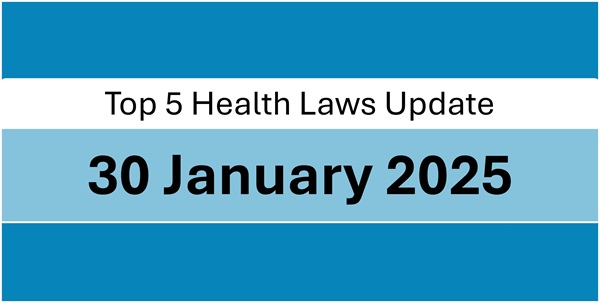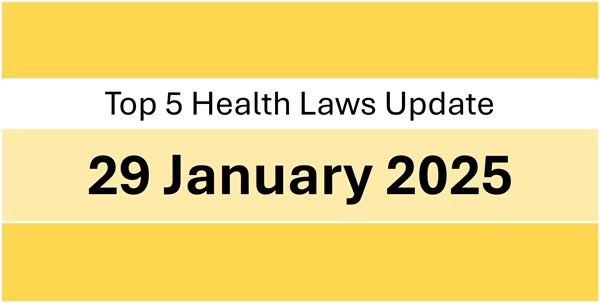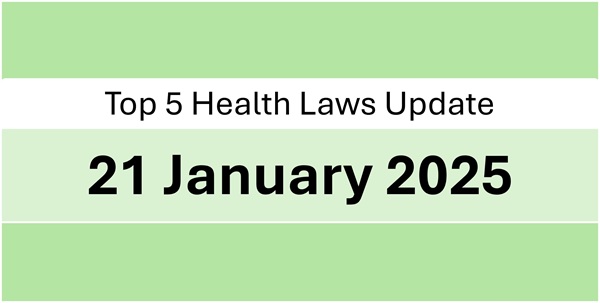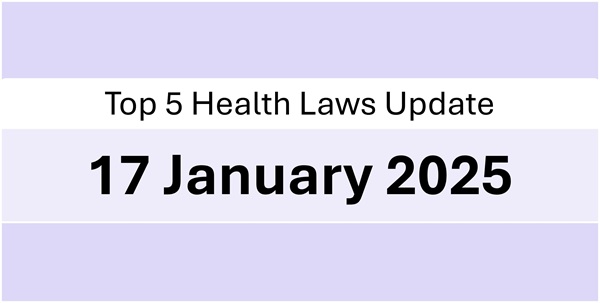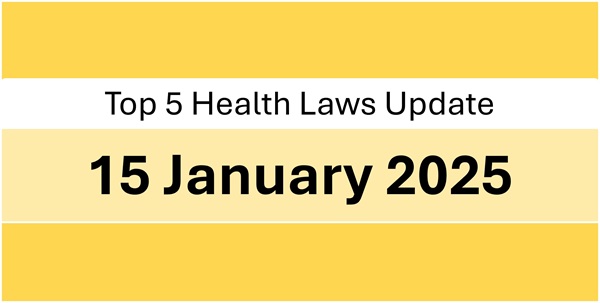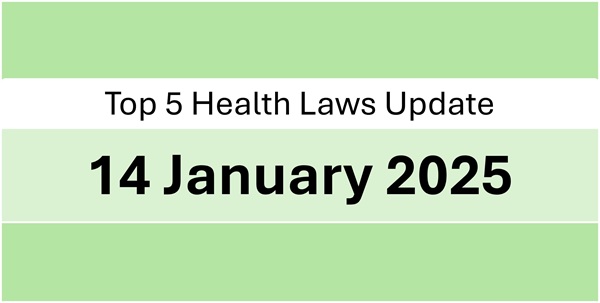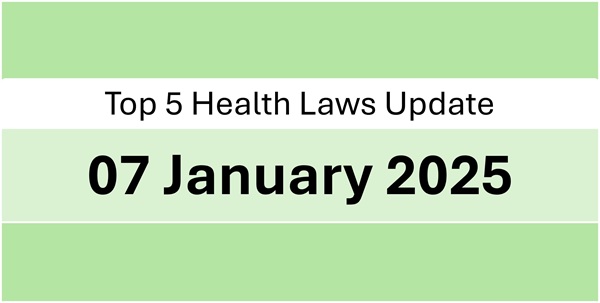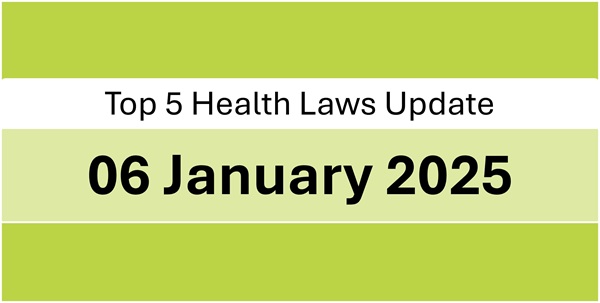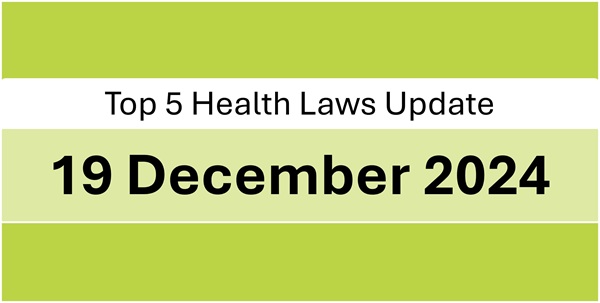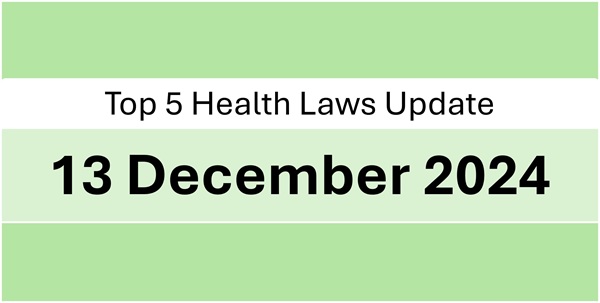Dear Readers, we are happy to share the most interesting legal and policy updates concerning health industry that we read today. we hope you enjoy reading it.
1. India’s Ministry of Consumer Affairs has set a timeline for compliance with amendments to the Legal Metrology (Packaged Commodities) Rules, 2011. Changes to labelling provisions will be enforced on either January 1st or July 1st, after a minimum 180-day transition period from notification. The revised rules mandate clear, legible, and standardized labels on packaged goods, ensuring consumers have key details such as net quantity, MRP, manufacturing date, country of origin, and manufacturer information. This move is aimed at enhancing consumer protection, business ease, and reducing compliance burdens for industry stakeholders.
Source: bit.ly/3CxjgRQ
2. The Supreme Court of India ruled that domicile-based reservation for postgraduate medical admissions under State Quotas violates the right to equality under Article 14 of the Constitution. However, the Court clarified that the judgment will not impact existing domicile reservations or affect students currently studying or who have already graduated under such categories.
Source: bit.ly/4juOHwG
3. India’s Central medical devices regulator, Central Drugs Standard Control Organization (CDSCO) and Indian Council of Medical Research (ICMR) has issued a draft standard In-Vitro Diagnostics (IVDs) evaluation protocol to evaluate the quality and performance of IVD’s. The protocol once approved will be used by IVD manufacturers testing labs in India. Public comments are invited on the draft standard before March 15, 2025.
Source: bit.ly/3QhIAyF
4. India’s Ministry of Health and Family Welfare has confirmed the addition of the Human Papillomavirus (HPV) vaccine to the country’s Universal Immunization Program (UIP), a major step in preventing cervical cancer, which is one of the leading causes of cancer-related deaths among women in India. While the vaccine’s inclusion in the UIP has been officially announced, the exact timeline for its roll-out has yet to be determined. The move aims to combat cervical cancer by offering free vaccination to girls aged 9-14 years.
Source: bit.ly/3WHhkgp
5. China has approved its first stem cell therapy for commercial use, despite mixed clinical trial results. The therapy is intended for patients with neurological disorders, including spinal cord injuries. The approval has raised concerns about the safety and effectiveness of the treatment, as the trials showed only limited evidence of efficacy, and there are calls for more rigorous oversight in stem cell-based treatments.
Source: bit.ly/3WI0Uoa

